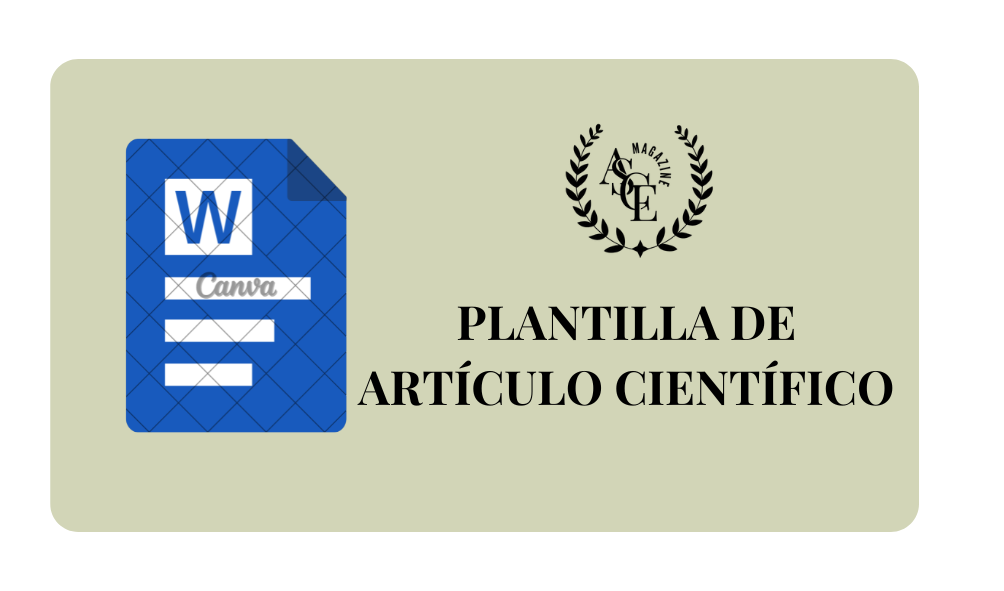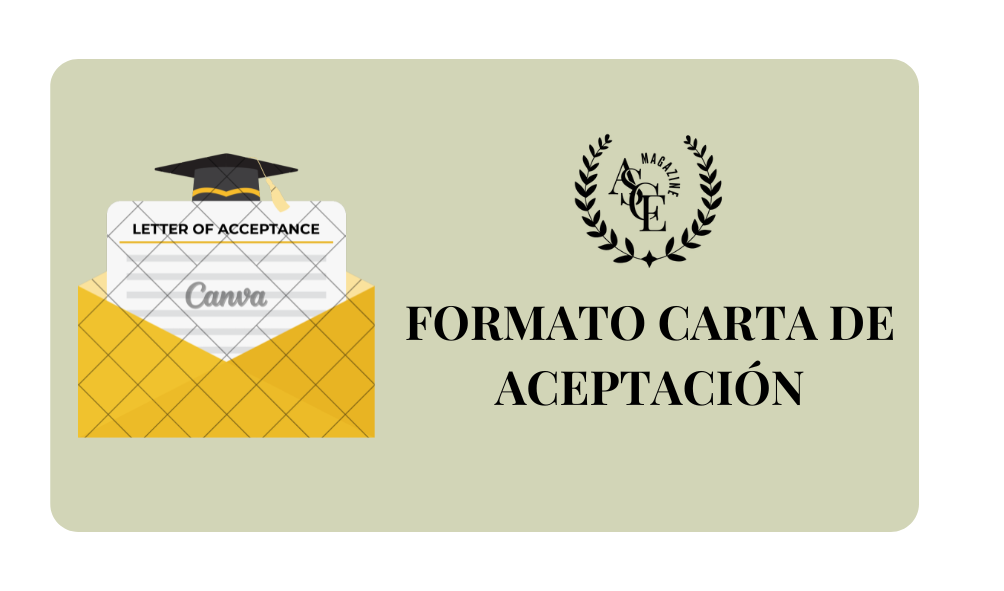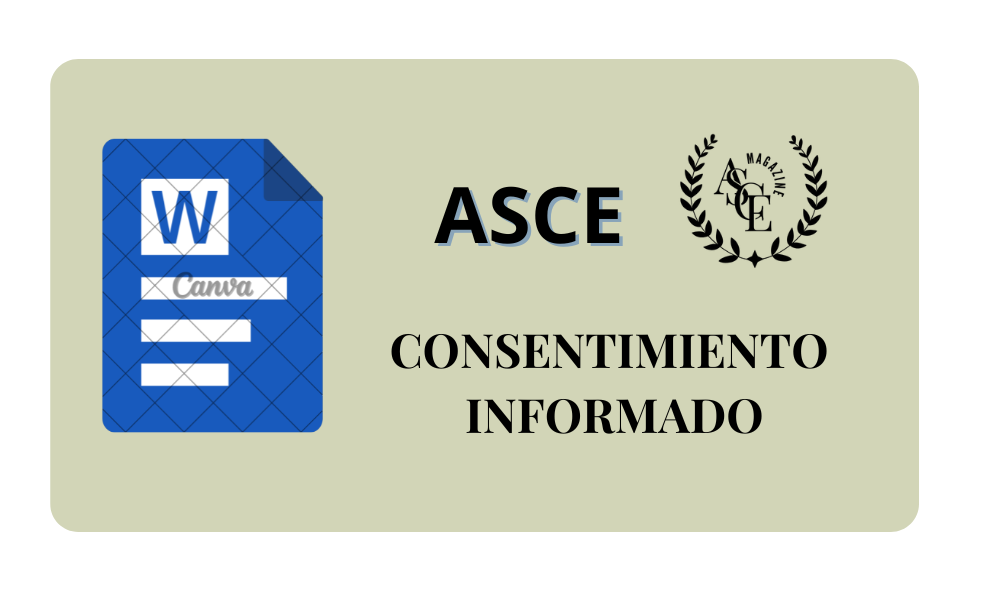Integration of English and Informatics in Agronomic Education and Its Impact on Educational Quality
DOI:
https://doi.org/10.70577/asce.v4i4.502Keywords:
Educational Synergy, English For Specific Purposes, Digital Literacy, Agricultural Education, Employability, Integrative Curriculum.Abstract
In the context of digital transformation and the internationalization of higher education, the present study analyzes the mastery of the English language and computer competencies as a decisive turning point in the training of agricultural professionals.
Objective: To determine the relationship between the English language and computer science in agronomist training and to examine how this interaction influences educational quality, curricular relevance, and professional employability within the Ecuadorian context.
Method: A systematic review was conducted following the PRISMA 2020 protocol and complemented with bibliometric analyses using Litmaps and VOSviewer. The final corpus consisted of 86 articles indexed in Scopus and published between 2015 and 2025, grouped into three analytical categories: Competence Synergy, AgriTech Education, and English for Specific Purposes.
Results: The bibliographic maps reveal a growing body of research on technological and linguistic integration, although still fragmented across Latin America. The findings indicate a shift from digital literacy initiatives toward interdisciplinary approaches that integrate technical English with computational tools applied to agricultural education. However, co-authorship networks show limited regional collaboration and weak institutional articulation, constraining the consolidation of this emerging research field.
Conclusion: The integration of English and computer science is becoming a core competence within the professional profile of agronomists. Embedding this convergence into the curriculum could enhance the competitiveness, innovation, and sustainability of Ecuador’s agri-food sector. It is therefore recommended to advance toward integrative pedagogical models centered on digital and communicative competencies that foster the internationalization of knowledge and facilitate the transition to Agriculture 4.0.
Downloads
References
Abbitt, Jason T. 2011. «Measuring Technological Pedagogical Content Knowledge in Preservice Teacher Education». doi:10.1080/15391523.2011.10782573. DOI: https://doi.org/10.1080/15391523.2011.10782573
Action, English in. 2012. «Improving English Language Competence in Schools».
America, Latin, A. Preprint, Enrique Lopez, Héctor Robles Vásquez, I. Orozco, y R. Rojas. 2019. «Improving and Aligning Measurement of Ethnicity in Latin America».
Arangurí, María, Huilder Mera, William Noblecilla, y Cristina Lucini. 2025. «Digital Literacy and Technology Adoption in Agriculture: A Systematic Review of Factors and Strategies». AgriEngineering. doi:10.3390/agriengineering7090296. DOI: https://doi.org/10.3390/agriengineering7090296
Area Moreira, Manuel. 2002. «La integración escolar de las nuevas tecnologías: entre el deseo y la realidad». Organización y gestión educativa: Revista del Fórum Europeo de Administradores de la Educación 10(6):14-18. https://dialnet.unirioja.es/servlet/articulo?codigo=285391.
Arias-Contreras, Carolina, y Paul J. Moore. 2022. «The role of English language in the field of agriculture: A needs analysis». English for Specific Purposes. doi:10.1016/j.esp.2021.09.002. DOI: https://doi.org/10.1016/j.esp.2021.09.002
Bartels, Nat. 2002. «Professional Preparation and Action Research: Only for Language Teachers?» TESOL Quarterly 36(1):71. doi:10.2307/3588361. DOI: https://doi.org/10.2307/3588361
Delgado-Vera, Carlota, Maritza Aguirre-Munizaga, Evelyn Solis-Avíles, Andrea Sinche, y Néstor Vera-Lucio. 2016. «A Knowledge-Based Platform for the Development of Critical Thinking Abilities». Communications in Computer and Information Science, 3-13. DOI: https://doi.org/10.1007/978-3-319-48024-4_1
Fabregas, Raissa, M. Kremer, y Frank Schilbach. 2019. «Realizing the potential of digital development: The case of agricultural advice». Science. doi:10.1126/science.aay3038. DOI: https://doi.org/10.1126/science.aay3038
Gómez-Chabla, Raquel, Maritza Aguirre-Munizaga, Teresa Samaniego-Cobo, Jhonny Choez, y Néstor Vera-Lucio. 2017. «A Reference Framework for Empowering the Creation of Projects with Arduino in the Ecuadorian Universities». Communications in Computer and Information Science, 239-51. DOI: https://doi.org/10.1007/978-3-319-67283-0_18
Indriyono, Happy, Markus Budiraharjo, y Barli Bram. 2022. «Assessing Vocational High School EFL Teachers’ Technological Pedagogical Content Knowledge in Online Learning». Journey: Journal of English Language and Pedagogy. doi:10.33503/journey.v5i2.2115. DOI: https://doi.org/10.33503/journey.v5i2.2115
Jaramillo, Elizabeth Hodson de, Eduardo J. Trigo, y Rosario Campos. 2021. «The Role of Science, Technology and Innovation for Transforming Food Systems in Latin America and the Caribbean». doi:10.48565/scfss2021-6w45.
Kember, David, y Doris Y. P. Leung. 2006. «Characterising a Teaching and Learning Environment Conducive to Making Demands on Students While Not Making Their Workload Excessive». Studies in Higher Education 31(2):185-98. doi:10.1080/03075070600572074. DOI: https://doi.org/10.1080/03075070600572074
Klerkx, Laurens, Emma Jakku, y Pierre Labarthe. 2019. «A review of social science on digital agriculture, smart farming and agriculture 4.0: New contributions and a future research agenda». Njas-wageningen Journal of Life Sciences. doi:10.1016/j.njas.2019.100315. DOI: https://doi.org/10.1016/j.njas.2019.100315
Koehler, Matthew J., y Punya Mishra. 2018. «What Is Technological Pedagogical Content Knowledge».
Koehler, Matthew J., Punya Mishra, y J. Spector. 2015. «The SAGE Encyclopedia of Educational Technology TPACK (Technological Pedagogical Content Knowledge)».
Mahmoudi, Maryam, Mojgan Rashtchi, y Gholam-Reza Abbasian. 2021. «Efficacy of In-Service Education and Training (INSET) Courses in Improving EFL Teachers’ Technological Pedagogical and Content Knowledge (TPACK)». DOAJ (DOAJ: Directory of Open Access Journals). doi:10.30479/jmrels.2019.11373.1416.
Meza Nieto, Anggie Katherine. 2023. «Estudio de caso sobre los efectos económicos del uso de tecnologías digitales en la comercialización de productos agrícolas.» Revista internacional de Investigación y Desarrollo Global 2(3):1-16. doi:10.64041/riidg.v2i3.12. DOI: https://doi.org/10.64041/riidg.v2i3.12
Page, Matthew J., Joanne E. McKenzie, Patrick M. Bossuyt, Isabelle Boutron, Tammy C. Hoffmann, Cynthia D. Mulrow, Larissa Shamseer, Jennifer M. Tetzlaff, Elie A. Akl, Sue E. Brennan, Roger Chou, Julie Glanville, Jeremy M. Grimshaw, Asbjørn Hróbjartsson, Manoj M. Lalu, Tianjing Li, Elizabeth W. Loder, Evan Mayo-Wilson, Steve McDonald, Luke A. McGuinness, Lesley A. Stewart, James Thomas, Andrea C. Tricco, Vivian A. Welch, Penny Whiting, y David Moher. 2021. «The PRISMA 2020 Statement: An Updated Guideline for Reporting Systematic Reviews». BMJ n71. doi:10.1136/bmj.n71. DOI: https://doi.org/10.1136/bmj.n71
Rice, Suzanne, Helen Margaret Gilchrist Watt, Paul Richardson, y Susan Crebbin. 2023. «Career motivations and interest in teaching of tertiary students taking mathematics and science subjects». Research papers in education. doi:10.1080/02671522.2023.2244972. DOI: https://doi.org/10.1080/02671522.2023.2244972
Salazar Farfán, María Del Rosario. 2022. «Competencias digitales en la docencia universitaria». Revista Latinoamericana Ogmios 2(3):95-101. doi:10.53595/rlo.v2.i3.026. DOI: https://doi.org/10.53595/rlo.v2.i3.026
Shillingford, M., Seungbin Oh, y Laura Rendell Finnell. 2017. «Promoting STEM Career Development Among Students and Parents of Color». doi:10.1177/2156759x18773599. DOI: https://doi.org/10.1177/2156759X18773599
Wu, Bing, y Cancan Wu. 2021. «Research on the Mechanism of Knowledge Diffusion in the MOOC Learning Forum Using ERGMs». Computers & Education 173:104295. doi:10.1016/j.compedu.2021.104295. DOI: https://doi.org/10.1016/j.compedu.2021.104295
Zapata Correa, Deybis. 2024. «Prácticas pedagógicas y responsabilidad social universitaria. reflexiones pedagógicas y didácticas para el campo de educación superior». doi:10.5281/ZENODO.12559089.
Downloads
Published
How to Cite
Issue
Section
License
Copyright (c) 2025 Oswaldo García-Brito, Osman Escala-Jordán, Hilda Benites-Mancero, Nohely Guerrero-Reyes

This work is licensed under a Creative Commons Attribution-NonCommercial-ShareAlike 4.0 International License.
Eres libre de:
- Compartir : copiar y redistribuir el material en cualquier medio o formato
- Adaptar : remezclar, transformar y desarrollar el material
- El licenciante no puede revocar estas libertades siempre y cuando usted cumpla con los términos de la licencia.
En los siguientes términos:
- Atribución : Debe otorgar el crédito correspondiente , proporcionar un enlace a la licencia e indicar si se realizaron cambios . Puede hacerlo de cualquier manera razonable, pero no de ninguna manera que sugiera que el licenciante lo respalda a usted o a su uso.
- No comercial : no puede utilizar el material con fines comerciales .
- CompartirIgual — Si remezcla, transforma o construye sobre el material, debe distribuir sus contribuciones bajo la misma licencia que el original.
- Sin restricciones adicionales : no puede aplicar términos legales ni medidas tecnológicas que restrinjan legalmente a otros hacer algo que la licencia permite.





































